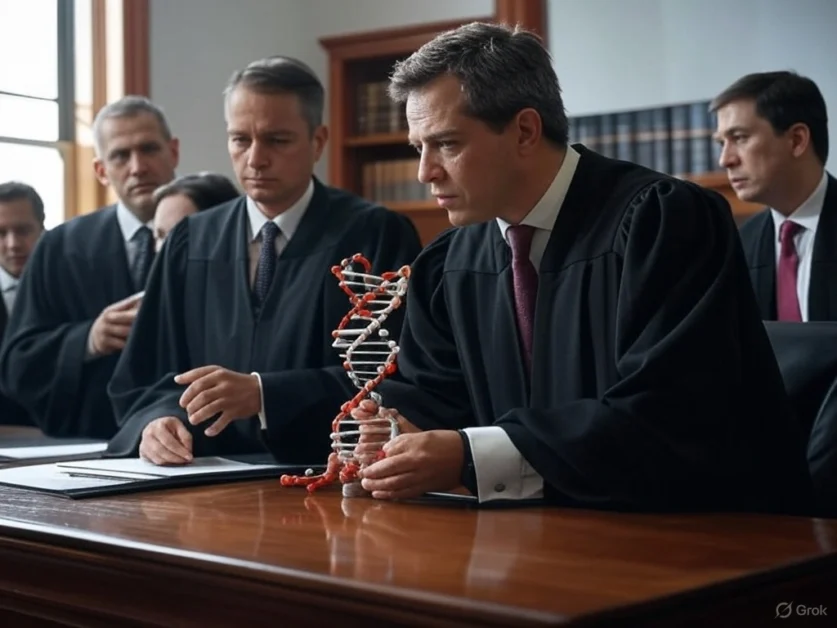Predictive Legal Analytics: Improving Case Outcome Prediction and Decision-Making
The legal profession stands at a pivotal crossroads, shaped by the relentless advance of technology and the growing demand for efficiency, transparency, and accountability. One of the most transformative developments in recent years is the rise of predictive legal analytics-a field that harnesses the power of artificial intelligence, machine learning, and big data to improve […]
Predictive Legal Analytics: Improving Case Outcome Prediction and Decision-Making Read More »









